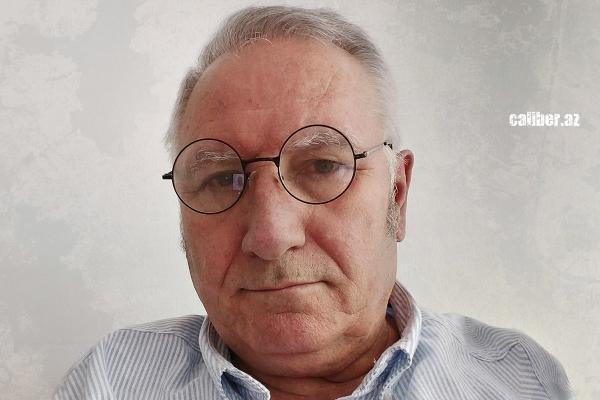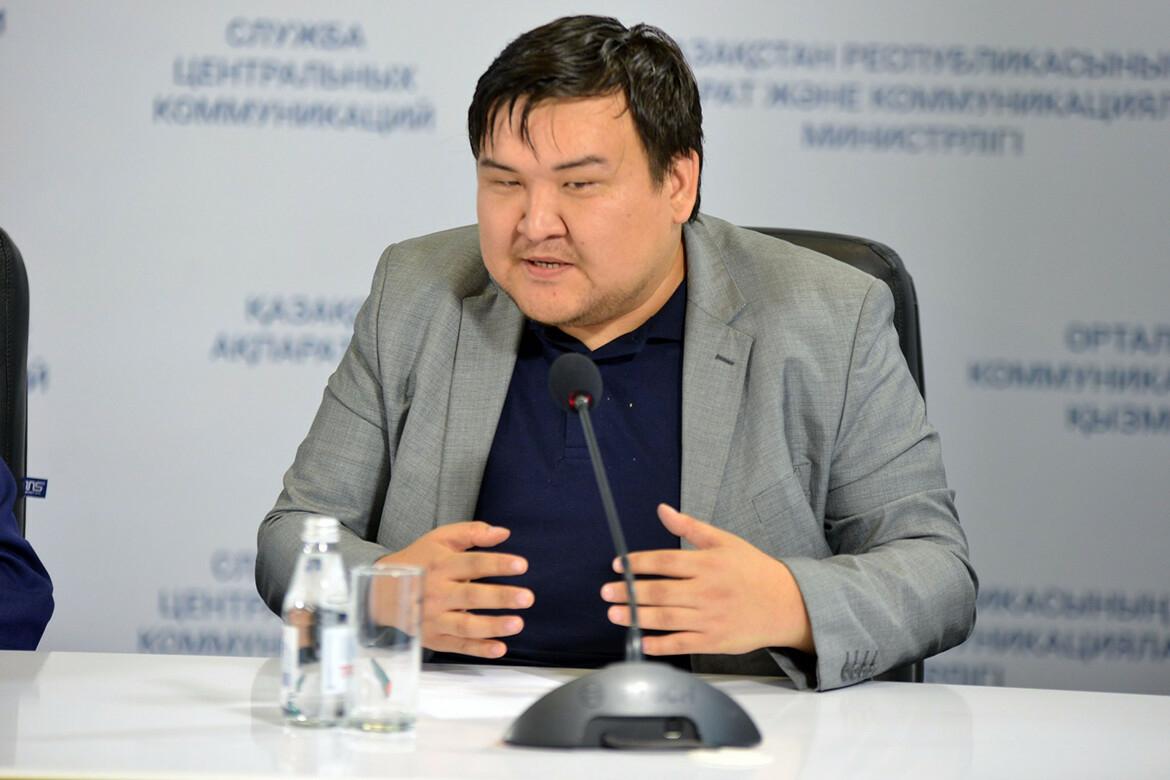Armenia-West-EAEU: Marking time or political struggle? Experts share their opinions with Caliber.Az
Armenian Prime Minister Nikol Pashinyan, who will chair the Supreme Eurasian Economic Council (SEEC) from 1 January 2024, addressed the heads of state and government of the EAEU member states on January 16 on the occasion of Armenia's chairmanship of the union's bodies and outlined the main priorities.
It is interesting to note that Pashinyan's message was delivered in a very positive tone. Why interesting? Recently it has been widely believed that the Armenian leadership is doing its best to pull the country away from Russia. Meanwhile, Pashinyan told his colleagues in the Moscow-backed bloc that the Armenian chairmanship falls on the tenth anniversary of the signing of the Treaty on the Eurasian Economic Union on May 29, 2014, and that the results of ten years of the EAEU have achieved significant results in all areas of interaction.
The Prime Minister called transport and logistics a key element of economic interaction: "The transit potential and opportunities of the geographical location of the EAEU should be used to the maximum for access to external markets".
The lack of a common border with the EAEU countries creates certain difficulties and economic costs for Armenia, he points out.
Statements made the same day on Sputnik Radio by Konstantin Kosachev, Deputy Chairman of the Federation Council, seemed to contradict Pashinyan's remarks. He said that a negative dynamic was developing in Russian-Armenian relations.
"The dynamics with Armenia are obviously negative. Everything can be seen with the naked eye. The current leadership of Armenia is taking the country as far away from Russia as possible. But it seems to me that this is still a temporary plot in the life of our neighbours because it will be very difficult for Armenia without normal good neighbourly relations with Russia. Hopes that Armenia will be supported by its new Western friends seem very illusory to me," Konstantin Kosachev said.
But what is more true? Why is Pashinyan not only not refusing to take over the chairmanship of the EAEU, but openly accepting it and even saying what he intends to do to improve the work of this format if the Armenian leadership is taking it away from Russia? This is even though everyone knows that the EAEU is an organisation that is clearly centred around Moscow and under its immediate domination. So what is the meaning of all this? What is the truth here?
Foreign experts shared their thoughts on this issue with Caliber.Az.

Professor Haydar Çakmak, a Turkish analyst with a doctorate in political science, believes that Armenia will not be able to solve any of its problems on its own.
"They have no maritime access, no natural resources, no industry and technology and very little economic output. Their army is not powerful. The people and the state have no purchasing power. Such a state is very dependent on foreign sources. Armenia has no friends in the region. Tehran does not have the strength and capabilities to meet Armenia's needs. Moreover, Iran does not have a good reputation in the eyes of Western countries to rely on it," says Haydar Çakmak.
And the West is more concerned with the Russian-Ukrainian and Palestinian-Israeli wars.
"Armenia is a country which is in dire need of help. Western countries are also in a situation where they don't know who needs their help more.
But Armenia is not doing anything serious to counter Russia or to upset Russia. Moreover, Armenia has a major pro-Russian politician and media that can easily have an impact on public opinion. In such a situation, Armenia's continuing to remain in a pro-Russian organisation and Pashinyan's not resisting this is understandable. And his behaviour so far does not harm his pro-Western orientation," the Turkish professor believes.

For his part, Kazakh political scientist and academic Zhaksylyk Sabitov noted that if we were to recall Nikol Pashinyan's political career, we would need to note that he initially opposed Armenia joining the EAEU.
"This was one of the forms of his political struggle. But it should be understood that Armenia's national interests still require it to be in the EAEU, regardless of any personal feelings. Therefore, having come to power, Pashinyan is already following the course of what is important from the point of view of the Armenian political elite. That is, to distance himself as much as possible from Russia. Because it is one of the guarantors of the existence of the Armenian state, despite the various mishaps that the current official Yerevan regularly points out. Therefore, of course, Armenia will not leave the EAEU. It's just going to be political manoeuvring, trying to get something for itself. Because we remember that such small states as Armenia, Kyrgyzstan and Tajikistan have benefited a lot in terms of customs duties after joining the EAEU. In other words, they have a much better deal within the union than they would have had on their own. And they receive a disproportionately large share of the organisation's total budget, despite the size of their economies. In other words, Kazakhstan is one of the losers when compared to the others. In many respects, its share is being used to make up the contributions of the small countries of the EAEU.
Therefore, I believe that Armenia will not move away from Russia and will not leave either the CSTO or the EAEU. This means that the current situation will remain as it was," the Kazakh academic believes.








